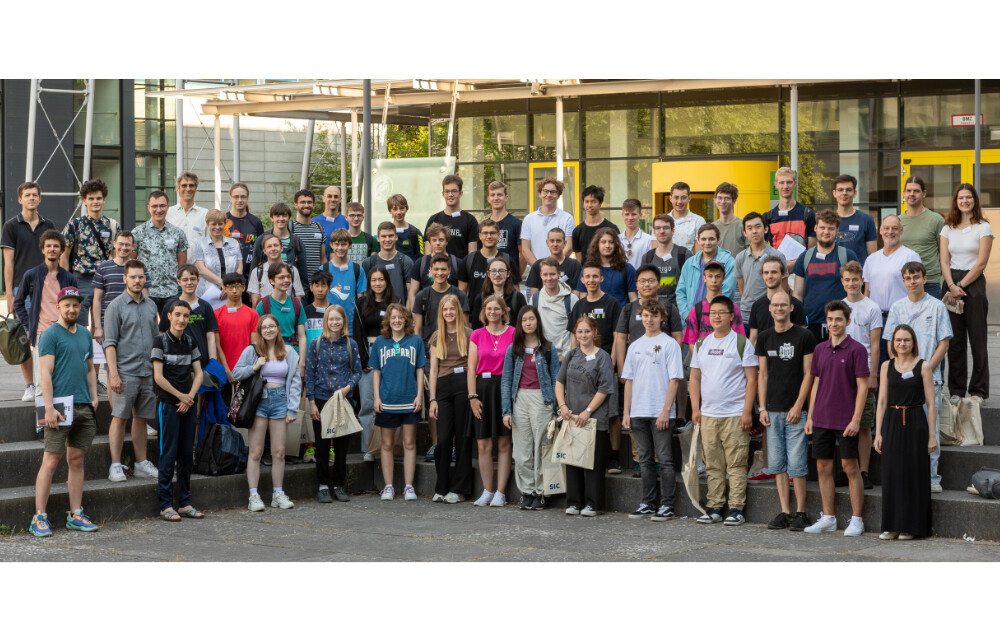Saarbrücken Forschungstage on computer science take place from 14th to 16th June

At the Saarbrücker Forschungstage on Computer Science, young computer science talents from all over Germany have the opportunity to take a first look at computer science studies and get to the bottom of current research questions together with students and scientists from Saarland University and the computer science institutes located at the site.
The Saarbrücker Forschungstage take place regularly since 2008. This year, around 60 students between the ages of 16 and 19 are taking part. These are successful participants in the second round of the German National Computer Science Competition (BwInf) and excellent computer science high school graduates from all over Germany.
The Saarbrücken Forschungstage are organized in close cooperation with the Nationwide Computer Science Competitions (BWINF) and pursue the common goal of attracting young computer science enthusiasts to the subject. The Federal Computer Science Competition has been held annually since 1980 and is organized by the Gesellschaft für Informatik e.V. (GI), the Fraunhofer ICT Group and the Max-Planck-Institute for Informatics. The competition is sponsored by the Federal Ministry of Education and Research.
Further Information:
https://bwinf.de/
https://www.mpi-inf.mpg.de/home/
https://gi.de/
https://www.iuk.fraunhofer.de/
Questions can be directed at:
Jennifer Müller
jmueller@mpi-inf.mpg.de
+49 681 9325-2900
Background Saarland Informatics Campus:
900 scientists (including 400 PhD students) and approx. 2500 students from more than 80 nations make the Saarland Informatics Campus (SIC) one of the leading locations for computer science in Germany and Europe. Four world-renowned research institutes, namely the German Research Center for Artificial Intelligence (DFKI), the Max Planck Institute for Informatics, the Max Planck Institute for Software Systems, and the Center for Bioinformatics along with Saarland University and its three departments and 24 degree programs, together cover the entire spectrum of computer science.
